Getting sued is stressful. A sense of panic can set in after the process server or sheriff knocks on your door and hands you or someone in your home an envelope full of legal papers, or just leaves the envelope on your doorstep.
But does a lawsuit mean you need to file bankruptcy right away to stop the lawsuit? Not necessarily. Even if you do end up filing for bankruptcy relief, you may not need to rush into anything IF you take the right steps to handle the lawsuit after you are served. While advice will differ depending on the specifics of the lawsuit and your overall financial situation, there are a few things you should know about how lawsuits over debts are handled.
In Minnesota, you have a short window of time to "Answer" the Complaint in writing. The deadlines for this will normally be spelled out on the first few pages of the legal documents. In Minnesota, your Summons should state that you have 20 days to respond. The clock starts running the day you are served. But be aware that this time frame can be shortened if you send your written response by mail, fax, or by any means other than by hand delivery. Pro tip: don't bother calling the lawyers who sued you. If you do call, they are likely to be friendly and supportive and willing to "work something out", but this is often just a stalling tactic to prevent you from asserting your rights by serving a written response.
It is critical that you Answer the lawsuit on time! If you do Answer in time some really good things happen. Well, good in the context of a bad situation. First, you will have to be notified by mail when anything further happens with the lawsuit (if you don't answer you will likely not be notified when the judgment is entered against you). Second, you will buy yourself time -- often an extra six months or more -- to figure out a way to deal with things while the lawsuit proceeds, potentially delaying any garnishments.
People can and do successfully Answer Complaints without a lawyer's assistance. But you should contact a lawyer or at least a free legal aid service quickly to make sure your are handling things correctly. Even if you don't think you want to go to court you still have the right to Answer the lawsuit to make the creditor prove its case and verify the amount it claims you owe.
If a judgment is entered against you, it's time to get serious about solutions, perhaps even bankruptcy. But you should know that If you do end up discharging the debt - in bankruptcy or otherwise - there is a procedure that will remove the record of a Minnesota judgment from your credit reports. We can help you with this process as part of a credit cleanup service.
Whether or not you end up filing bankruptcy, my office routinely advises folks about how best to handle a lawsuit. Feel free to call me if you are ever sued over a debt so we can guide you. Just don't delay!
Image credit: JPhotoStyle



